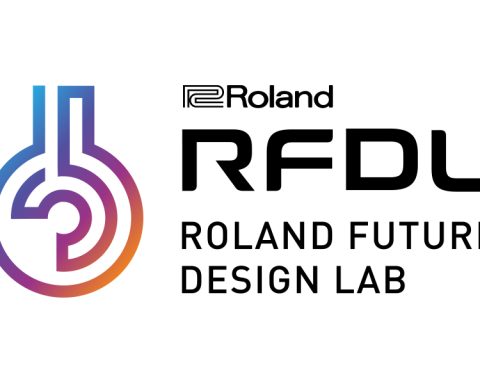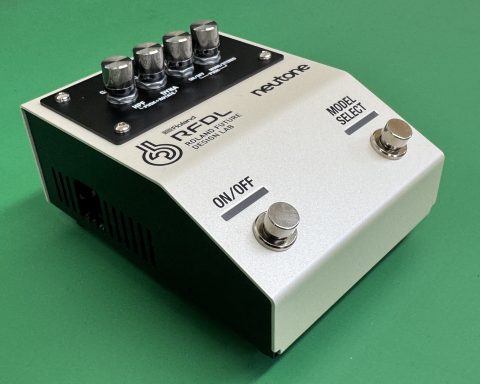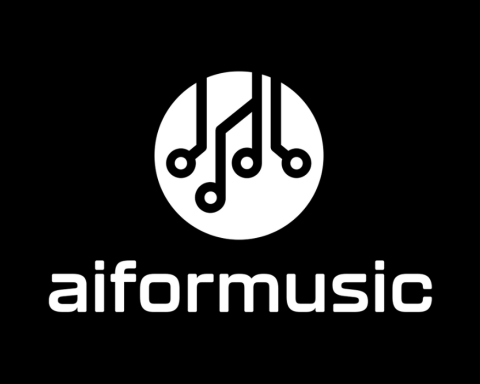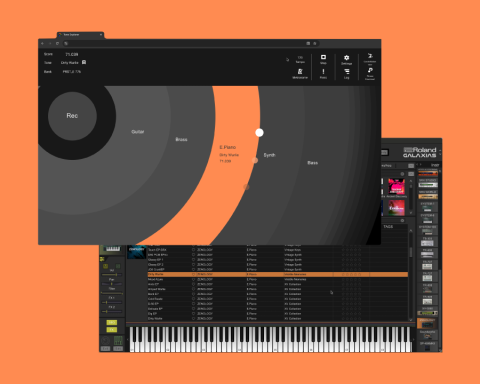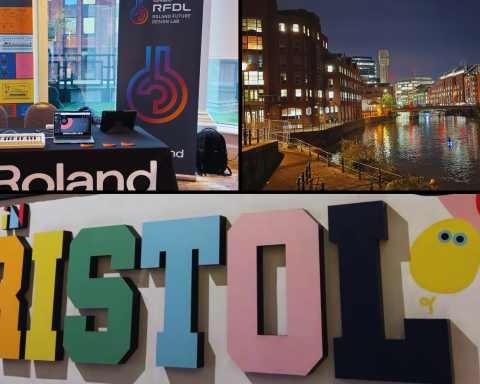Getting out from behind our screens so we can meet with creators and partners IRL is a priority for Roland Future Design Lab (RFDL). With this in mind, even though the schedule completely collided with the launch of our Tone Explorer technology preview, our team members recently made their way to the birthplace of trip-hop, Bristol, UK, for the annual ADC 2024 Audio Developer Conference. Our mission was to present Roland’s holistic vision for AI to the industry and demonstrate Roland Tone Explorer to highly qualified music and audio geeks like ourselves. In full disclosure, like many other companies, we were also at ADC to recruit for new roles. RFDL is growing. And yes, Massive Attack and Portishead were on heavy rotation.
Roland’s Holistic Vision for AI
Tone Explorer (and other AI projects we are working on) fit within an overall vision and strategy for artificial intelligence that Roland has been developing for some time. We’ll cover this in more depth in other articles. For now, we will say that our “holistic approach” makes efforts to recognize both the opportunity and risk that come with a disruptive tech like AI, specifically regarding human creativity.
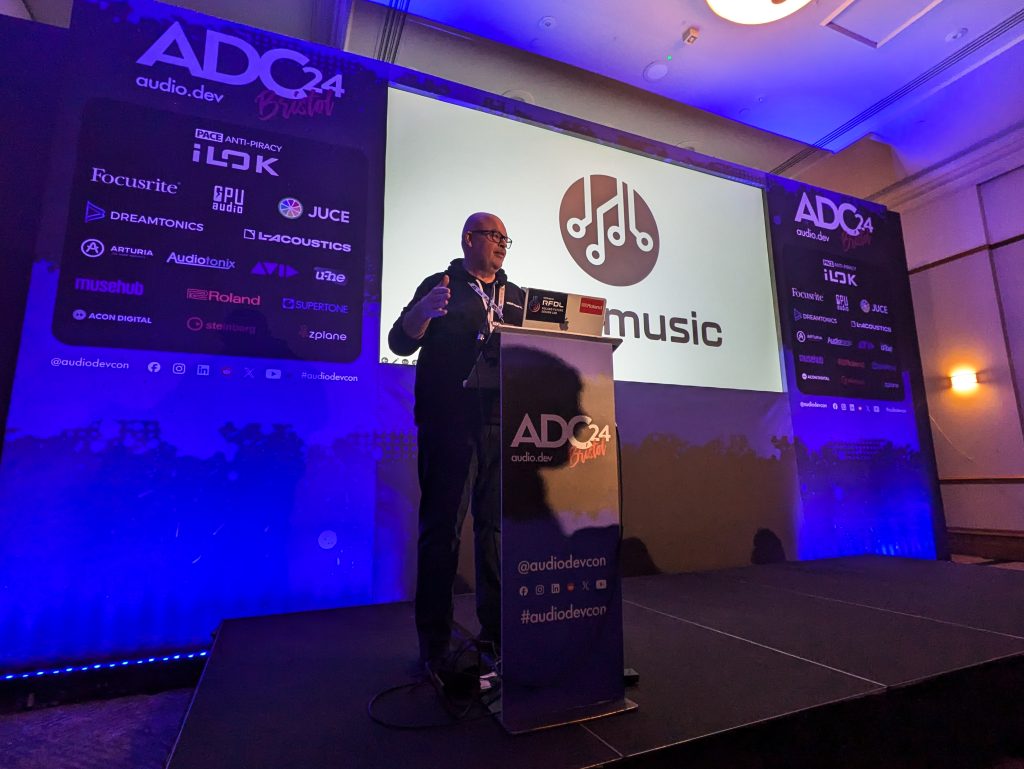
At ADC, we told a story of how we were working to jointly consider Policy (our rules for AI), Governance (how we enforce the rules), and Innovation (the cool new things we can build with AI that respect our rules). We reminded everyone that earlier this year, Roland and Universal Music Group introduced our rules for AI and invited other music companies and organizations to sign on with us (more than 100 brands have made this decision!). We previewed our thinking around governance by introducing another Roland and UMG initiative called The Music Provenance Project. And, of course, we demonstrated Tone Explorer live for the first time.
Early Reactions to Tone Explorer
ADC opened its doors for Day Two on November 12 at 9 a.m., and Tone Explorer went live just an hour before this. With this tight schedule, it’s pretty safe to say that ADC attendees were among the very first to see and try our new technology preview, and the first reactions were very encouraging to us. It was clear that that people were quickly understanding the problem that Tone Explorer is working to solve (finding the right tones for recorded phrases) and seemed to agree that this was an interesting and appropriate use of AI. We also heard that people found our experimental “Solar” and “Constellation” user interfaces intuitive and fun. So far, so good.
My anxiety increased a few notches when my longtime friend Nick Batt from SonicState appeared at our stand to check out Tone Explorer. While I was thrilled to see Nick, I also know him to be knowledgeable and very discerning, so this would be a good early acid test of our work. Now, in all fairness to Nick, he could not dive deep on his own to test his capabilities. Still, his reaction during the extensive guided tour by project leader Sasamori-san was very positive. So much so that Nick started suggesting what we might do in a future version.
What’s Next for Tone Explorer?
After months of development, Tone Explorer is now available for progressive music creators to try. The RFDL team will focus on responding to and studying the feedback that’s started to come in. We will be looking to answer important questions, including: Is the problem we’re trying to solve with Tone Explorer real? Is this a helpful and non-threatening application of AI in music creation? Are the suggestions coming from Tone Explorer good? How can we make the user experience better?
Remember, Roland Cloud Ultimate Members already have access to the Tone Explorer tech preview via the new Galaxias Labs feature. And if you’ve not experienced Roland Cloud but want to try Tone Explorer, we’re offering a free, limited-time Roland Cloud Ultimate membership to make this happen for you.


